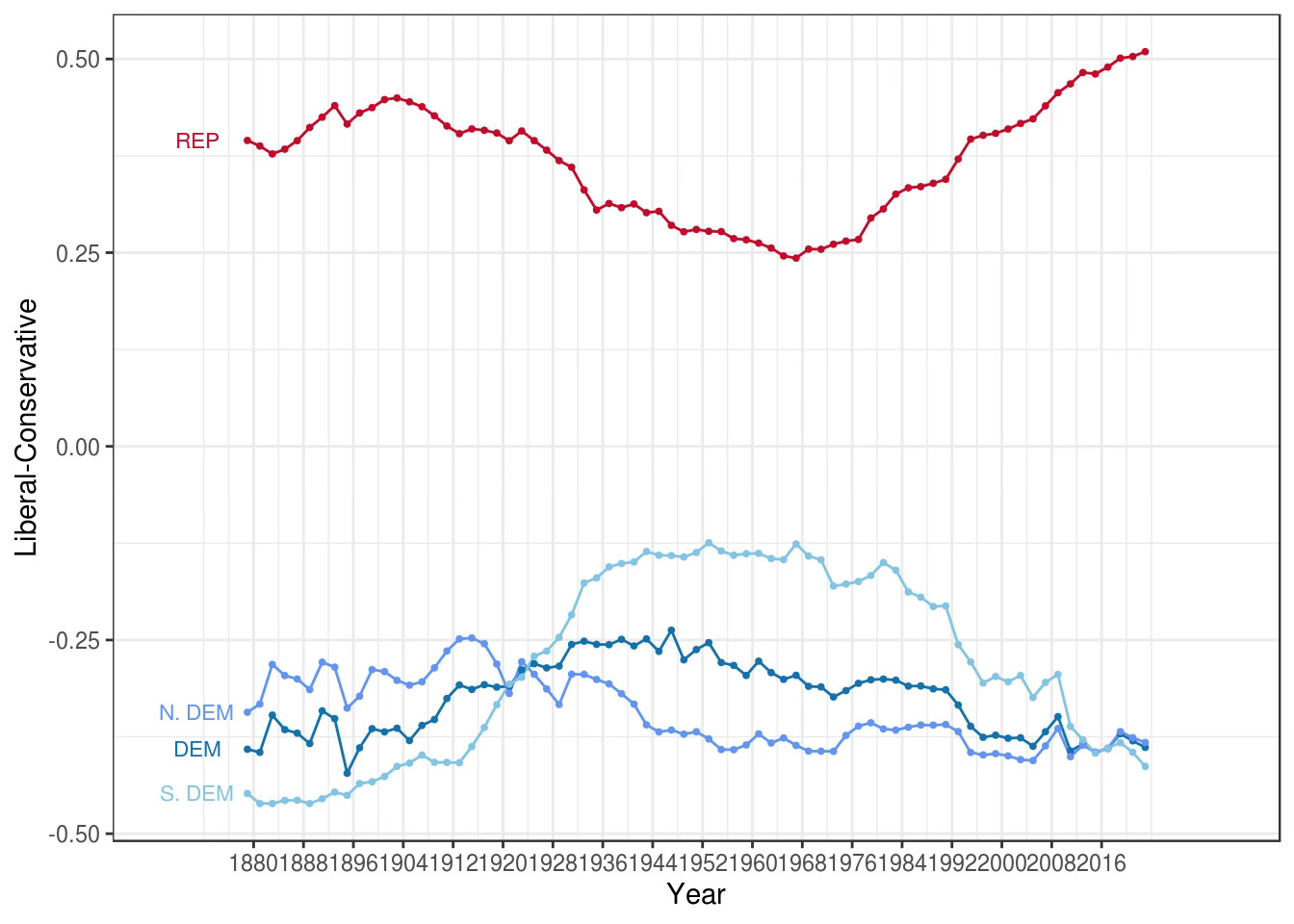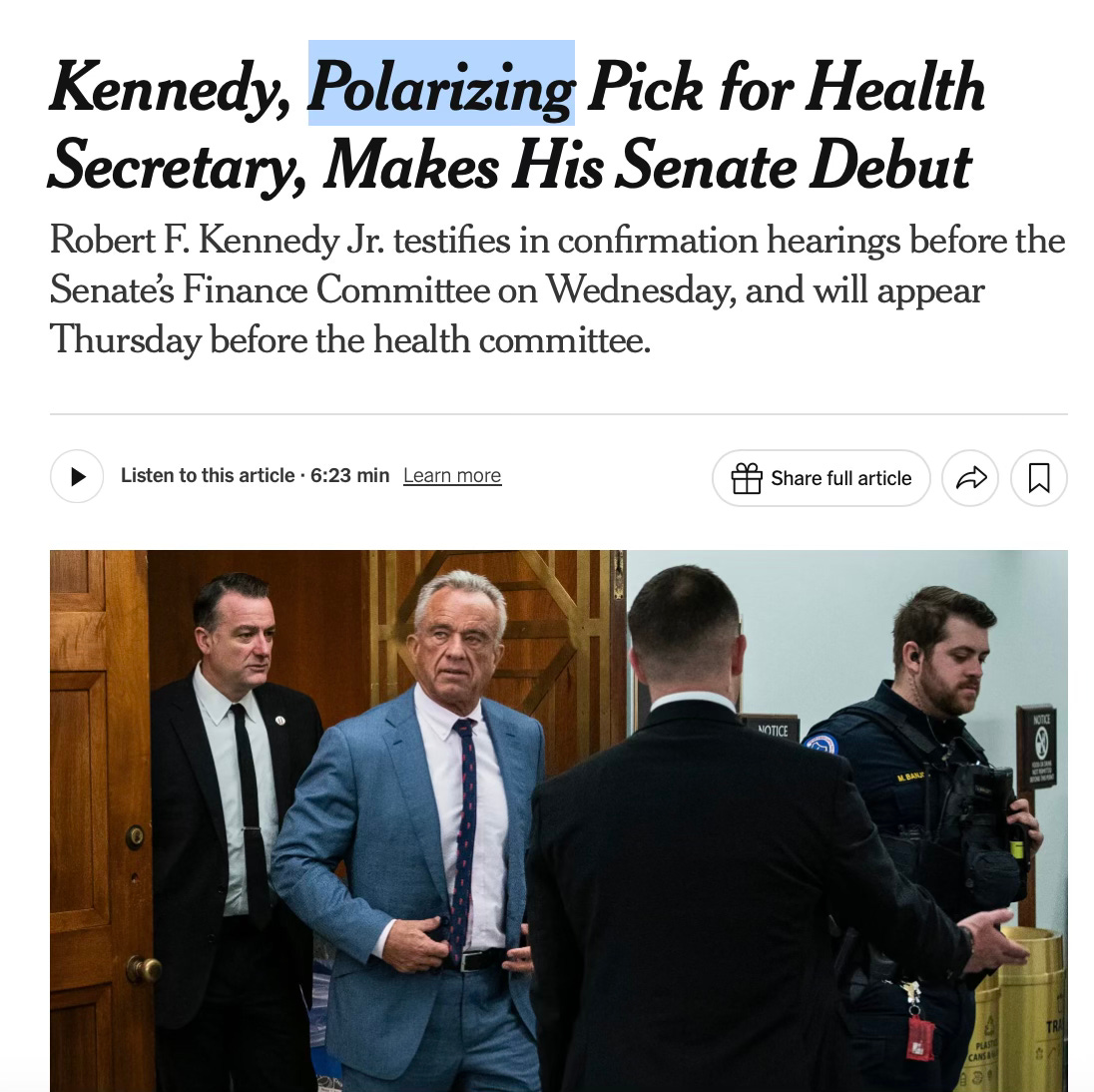Shortly before Kamala Harris’ and Donald Trump’s only debate last September, a CNN panelist observed that the political system had become so polarized that this was only the first time that Harris and Trump were going to meet in person. The fact that these two very prominent politicians hadn’t met was important, but polarization was not the story. They would have met during Harris’ swearing-in as Vice President in January of 2021, but Trump boycotted that event a few weeks after trying to overturn the election (which he’s never conceded). In this case, complaining about polarization missed the point.
“Polarization” is a very important concept and a convenient framework for understanding a lot of things about modern U.S. politics. And to be clear: It is a thing. Republican and Democratic members of Congress and state legislators are voting far more differently from each other than they used to. Voters are much less apt to cross party lines than they used to be. These things are challenging for governance and it’s useful to understand just what is and isn’t causing it. The figure below is a VoteView representation of polarization in the US House since the 1880s. This is really happening.
But as we discuss in the podcast (available on Apple Podcasts, Spotify, and elsewhere), sometimes decrying polarization is a way to avoid talking about the real problem. For example, here’s how the New York Times describes Robert Kennedy, Jr., as his Senate confirmation hearings begin:
Is he polarizing? Well, sure, in the sense that virtually all Senate Republicans want to confirm him and virtually all Senate Democrats don’t. But that describes a lot of Trump’s cabinet nominees. And a lot of Senate votes in general. What makes Kennedy distinct and problematic is that he would be head of the Department of Health & Human Services and opposes much of the public health system in the United States! But if the Times described it that way, it would sound partisan, even if it’s true, so they talk about this within the framework of polarization. That’s a dodge.
As we talk about in this clip, sometimes what’s decried as polarization is just a put-upon group organizing to resist what powerful people are trying to do to them. We talk about polarization as a way of not talking about inequality.
At any rate, I hope you like the discussion here. And I encourage you to subscribe to and rate the podcast.






